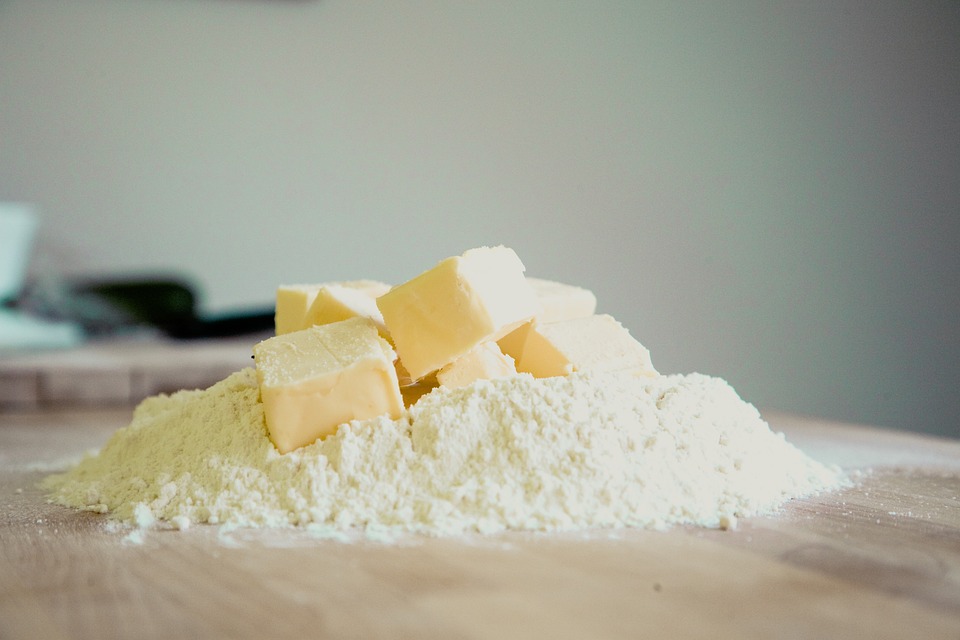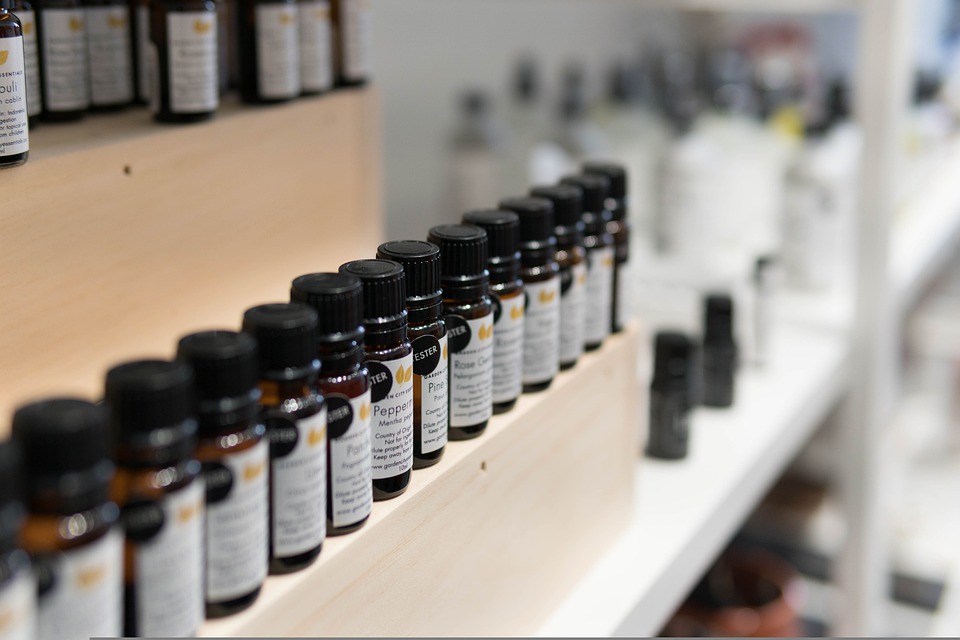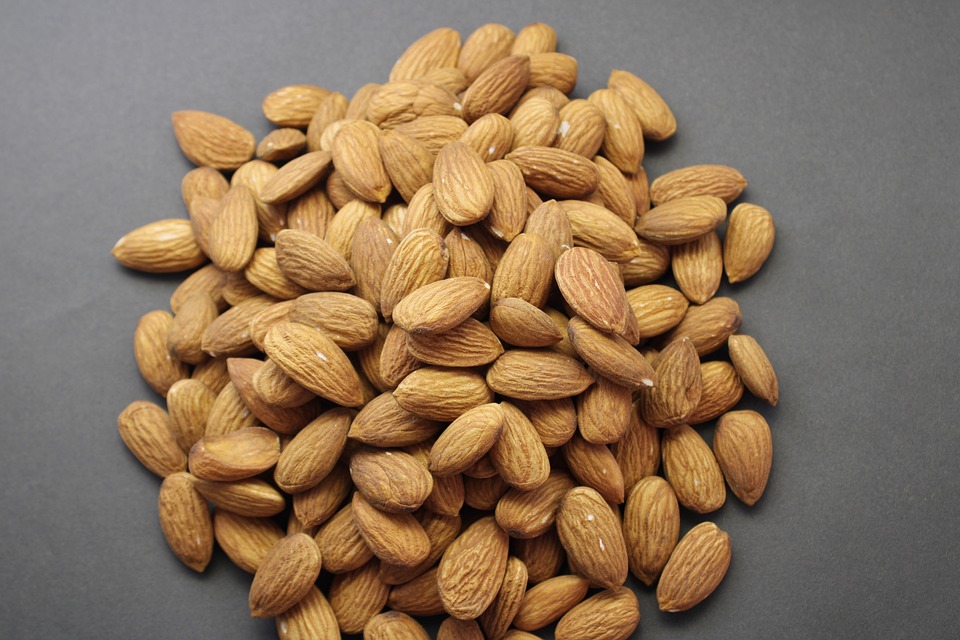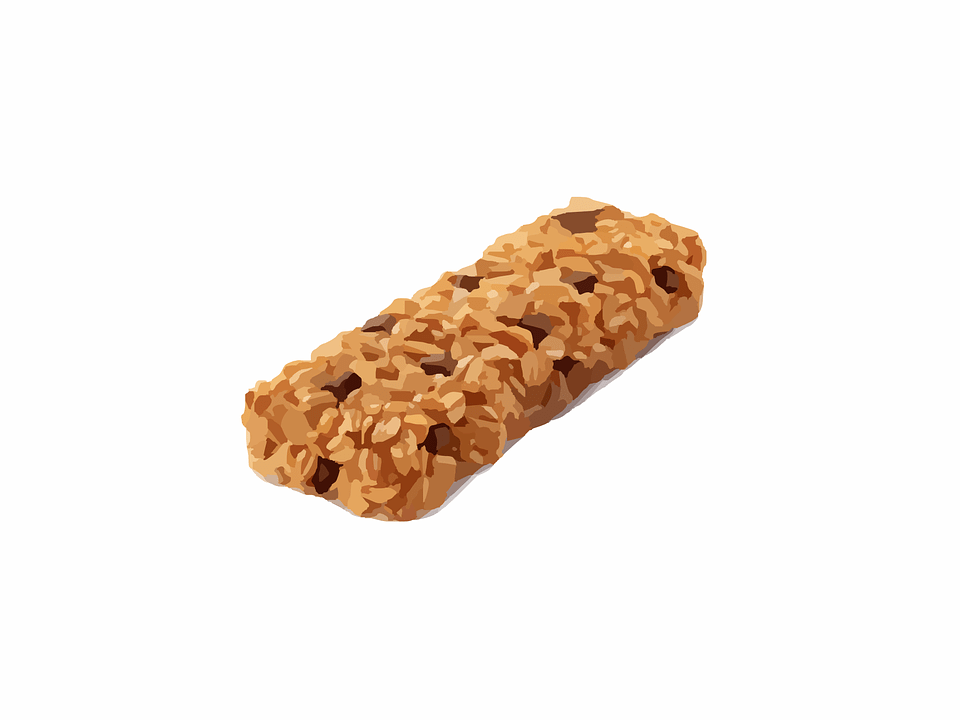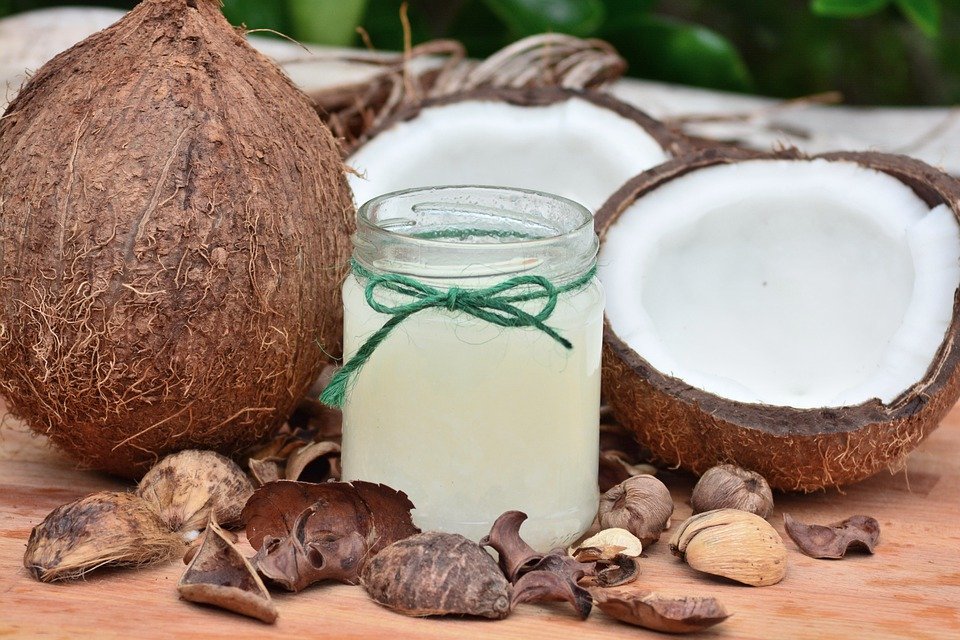
What Is MCT Oil?
MCTs are a type of saturated fatty acid that is composed of medium-chain triglycerides. These are also known as MCFAs or medium-chain fatty acids. MCT oil is a pure source of fatty acids.
MCTs are named after the length of their chemical structure. This types of fatty acids are strings of carbons with hydrogens attached.
There are three types of fats – short-chain, medium-chain, and long-chain – which are classified according to the number of carbons they contain. Short-chain fats have fewer than six carbons, medium-chain fats have six to 12 carbons, and long-chain fats have13-21 carbons.
MCTs are absorbed more easily than longer-chain fatty acids because the body doesn’t have to work as hard to break apart the carbon bonds. MCTs are smaller molecules, so they can enter our cell membranes more easily and don’t require that we use special enzymes for our bodies to use them.
Why is MCT oil a top source of healthy fats? Medium-chain fats are easy to digest and are sent directly to your liver. In the liver, they have a thermogenic effect and can change your metabolism in a positive way.
Many say that MCTs, like coconut oil, are quickly burned for energy instead of being stored as body fat.
MCTs come in different forms, with some being more effective than others. The four different kinds of MCTs include:
- caprioc acid (C6)
- caprylic acid (C8)
- capric acid (C10)
- lauric acid (C12)
The body can turn shorter chained fatty acids into ketone form faster than longer chained fatty acids. The keto diet is a diet that consists of high fats, moderate proteins, and low carbohydrates. This diet forces the body to use ketones for energy instead of glucose.
Medium Chain Fatty Acids vs. Long or Short Chain
All fats are made of carbon and hydrogen, but they differ in how long their molecules are. Short-chain fatty acids are those with five or fewer carbons, medium-chain fatty acids have six to twelve carbons, and long-chain fatty acids have more than twelve carbons.
Medium Chain Triglycerides are easy to digest and considered good for you. Most other foods are digested in the stomach, but these fats are processed in the liver. MCTs are a type of fat that is metabolized differently than other types of fat. MCTs are absorbed and metabolized quickly, so they are a good source of energy.
These fatty acids are all classified as Medium Chain Fatty Acids (MCFAs):
- Caproic acid, also called hexaonic acid (C6-six carbons)
- Caprylic Acid, also called Octanoic acid (C8-8 carbons)
- Capric Acid, also called Dacanoic acid (C10-10 carbons)
- Lauric Acid, also called Dodecanoic acid (C12- 12 carbons)
MCT oil is a type of oil that is made up of one or more types of MCFAs. MCT oil is typically extracted from coconut or palm oil, which are both rich natural sources of MCFAs. MCFAs are also found in other types of dairy, such as human breast milk, goat’s milk, cheese, and butter.
Whether consumed in its whole form from coconut or palm oil, or in a concentrated MCT form, these triglycerides have several benefits.
Health Benefits
What is MCT oil used for? There are many benefits of MCTs, which is why people often choose to supplement with them. Some of the benefits include weight loss, improved mental clarity, and increased energy levels.
1. Can Help with Weight Loss/Maintenance (Including the Keto Diet)
MCTs appear to help with burning fat and losing weight by increasing energy expenditure.
MCT oil may help increase satiety and even raise the metabolic rate, according to some evidence from animal studies.
MCTs have been shown to boost weight loss. Not quite.
There is not always a connection between MCT oil and weight reduction, but some research has revealed positive impacts on how the body metabolizes.
AJRDM showed that MCTs had more significant effects on energy expenditure, body composition, and fat oxidation in obese women than LCTs. MCTs are better than LCTs for preventing long-term weight gain because they cause the body to burn more calories and fat.
A 2015 meta-analysis of randomized controlled trials found that there were no significant differences in body weight or body fat between groups of adults consuming long-chain fats or medium-chain fats. Although the groups in the study consumed similar levels of energy, fat, protein, and carbohydrates, the type of fat they consumed was the only significant difference.
The analysis found that, on average, people in the MCT group lost more weight and body fat than people in the LCT group.
How may MCT oil help you lose weight?
Research has shown that eating MCTs can help prevent weight gain by increasing thermogenesis (the rate at which the body burns calories) and fat oxidation (the breakdown of fat). Ketones are produced by the body to help with weight loss. They are similar to the keto diet but do not require cutting carbs to too low levels.
MCTs are a type of fat that is quickly converted into energy, making them ideal for people following a ketogenic diet. This is due to their high fat and low carb content, which makes them perfect for the keto diet to help the body reach ketosis.
2. Helps Protect Heart Health
When it comes to cardiovascular health, MCT oil can help improve cholesterol levels and blood pressure. MCT oil can also help reduce the risk of heart disease and stroke. The study found that MCTs help prevent the development of metabolic syndrome by improving the body’s metabolism.
Another study from 2018 showed that MCTs were better at protecting cardiovascular health in rats that were fed a high-fat diet when compared to LCTs. MCTs are thought to improve serum lipid profiles and reduce hepatic total cholesterol, which may be why they are effective in treating Alzheimer’s disease.
MCTs appear to help lower the risk of obesity-related cardiovascular disease and mortality. It’s most likely that they have a positive effect because they’re anti-inflammatory, easy to digest, satisfying, and easy to use for energy.
3. May Improve Energy Levels, Mood, and Performance
Medium-chain fats are believed to be one of the most easily digested and utilized fatty acids. They are also believed to be more protective than other fatty acids. The supplements can help people on very low-carbohydrate diets, such as the ketogenic diet since studies have shown that they can minimize the negative effects of starting the diet and improve the amount of time it takes to reach ketosis.
Although further research is needed, some studies have shown that MCTs may help improve memory, including those with Alzheimer’s disease. The study found that MCTs can help improve the symptoms of Alzheimer’s when used in conjunction with the ketogenic diet.
A food that is good for your brain and helps you absorb vitamins and minerals will also make you feel more clear-headed, energetic, and positive.
Other studies have shown that MCTs can help support exercise performance during moderate- and high-intensity exercise, including a 2018 study that was published in Plos One.
4. Supports Digestion and Nutrient Absorption
Both MCT oil and coconut oil can help improve gut health by promoting the growth of good bacteria and helping to balance the gut microbiota. This can lead to improved digestion, increased energy levels, and better absorption of vitamins and minerals from the food you eat.
Medium-chain fats have the ability to kill viruses, bacteria, and other pathogens that can cause digestive issues, such as candida, constipation, diarrhea, food poisoning, and stomachaches.
In order to absorb certain vitamins and nutrients found in various foods, you need to consume fatty acids. This means that foods like berries, squash, and leafy greens contain beta-carotene (which turns into vitamin A), vitamin E, calcium, magnesium, phosphorus, and lutein.
5. Has Antibacterial, Antiviral, Antifungal, and Anti-Inflammatory Properties
MCTs have the ability to kill off harmful bacteria while also helping to promote the growth of good bacteria in the gut. This can help to create a healthy balance of bacteria in the gut.
Here are some bacteria are known to be killed by medium-chain fats:
- streptococcus (which causes strep throat, pneumonia, and sinus infections)
- straphylococcus (which causes food poisoning and urinary tract infections)
- neisseria (which causes meningitis, gonorrhea, and pelvic inflammatory diseases)
- some other strains that cause stomach viruses, candida, ulcers, and sexually transmitted diseases
MCTs are great because they can reduce the amount of bad bacteria without affecting the good bacteria. This is important for maintaining a healthy digestive system.
Some studies suggest that medium-chain fats offer better protection against infection than longer-chain fatty acids. A study found that monoglycerides with shorter chain lengths were more effective at being antiviral and antibacterial when added to milk and formula than longer-chain monoglycerides.
The addition of medium-chain lipids to milk and formula was found to inactivate a number of pathogens, including respiratory syncytial virus (RSV), herpes simplex virus type 1 (HSV-1), haemophilus influenza, and streptococcus.
Other research has found that MCT oil can help to regulate inflammatory responses by altering the activity of mitochondria. MCT oil is thought to work by reducing the production of pro-inflammatory cytokines and increasing the production of anti-inflammatory cytokines.
6. Can Withstand High-Heat Cooking
MCT oils are especially good for cooking because they have a high “smoke point.” This means they are less likely to oxidize when exposed to high heat. It is important to use the right oil for high-temperature cooking because some oils can spoil quickly. For example, extra virgin olive oil and flaxseed oil are not good for high temperatures and can become rancid.
MCT Oil vs Coconut Oil
This is where things get really interesting. MCT oil is extracted from coconut oil and palm oil, which are great natural sources of medium chain triglycerides.
Many coconut oil manufacturers claim that their product is high in MCTs. However, there are some important things to consider before purchasing coconut oil. MCT oil manufacturers claim that their products are more concentrated than coconut oil, which is true. However, their products do not contain one beneficial form of MCT.
Here’s the deal…
The amount of MCT you can consume depends on the type. Coconut oil is rich in certain types of medium-chain fatty acids, while concentrated MCT oil is a more concentrated source of these same acids.
Did you know that coconut oil is made up of 62% MCT oil? While coconut oil does contain MCTs, they are not necessarily in the same form as you would find in MCT oil. This means that 62% of the total fat content in coconut oil is made up of the four types of MCFAs listed above. There are many beneficial forms of this oil, but people usually buy “MCT oil” to consume Capric acid (C10) and Caprylic Acid (C8).
Some biochemists believe that lauric acid (C12), which makes up a large part of coconut oil, does not count as a true medium-chain fatty acid since it behaves differently in the body. It is also tremendously beneficial, but for different reasons.
Lauric Acid: The Real Story
Lauric acid is the key ingredient that makes coconut oil more beneficial than other oils, according to claims made by coconut oil companies. The reason MCT oil companies claim that MCT oil is better than coconut oil is that MCT oil is more rapidly absorbed and utilized by the body. And they are both right, but for different reasons.
Oils that contain a combination of Capric and Caprylic acid, or just concentrated Caprylic acid, are a faster and more usable source of energy. Lauric acid is not typically found in vegetable oils. This type of acid acts like a combination of long-chain and medium-chain fatty acids in the body, making it slower to digest.
Coconut oil contains mostly lauric acid, which makes up 50% of the fat content. Coconut oil contains only a tiny amount of Caproic Acid (C6), around 6% Caprylic Acid (C8), and about 9% Capric Acid (C10).
While coconut oil is a great source of medium-chain fatty acids (MCFAs), the amount of MCFAs present depends on whether or not Lauric Acid (C12) is considered a medium-chain triglyceride or a long-chain triglyceride. Ask a dietician, and you will learn it is a “good” fat When you ask a chemist about medium-chain fatty acids, they will tell you that it is a good fat. However, when you ask a dietician, they will tell you that it is a better fat. If you ask a biochemist, you may be told that a long-chain fatty acid is a type of molecule composed of a chain of carbons with hydrogen atoms bonded to them. Either way, it is beneficial.
Lauric acid is naturally antimicrobial, antibacterial, and antiviral. The benefits of green tea have been widely studied and it is known to be excellent for the skin. It is often used as a treatment for severe acne because of its potential ability to help with this condition. Coconut oil has the highest concentration of lauric acid compared to any other natural source. Human breastmilk also contains high levels of lauric acid, up to 20% of its saturated fat content. If you’re a nursing mother, you may be interested in learning that there are studies that suggest consuming coconut oil can help improve the lauric acid content of your milk.
The lauric acid in the food you eat is converted into monolaurin, which is essential for a strong immune system. MCT oil doesn’t contain lauric acid. The Caprylic and Capric acids in MCT oil have some antiviral and antibacterial properties, but they don’t contain lauric acid and won’t help the body create monolaurin.
Long story short:
- For fast and lasting energy, concentrated MCT oil is more beneficial
- For Lauric acid and its immune benefits, coconut oil is the superstar
There are benefits to both coconut oil and MCT oil, so I use them both differently. Coconut oil is less expensive and helps the immune system, while MCT oil does not have a flavor and provides more quick energy.

